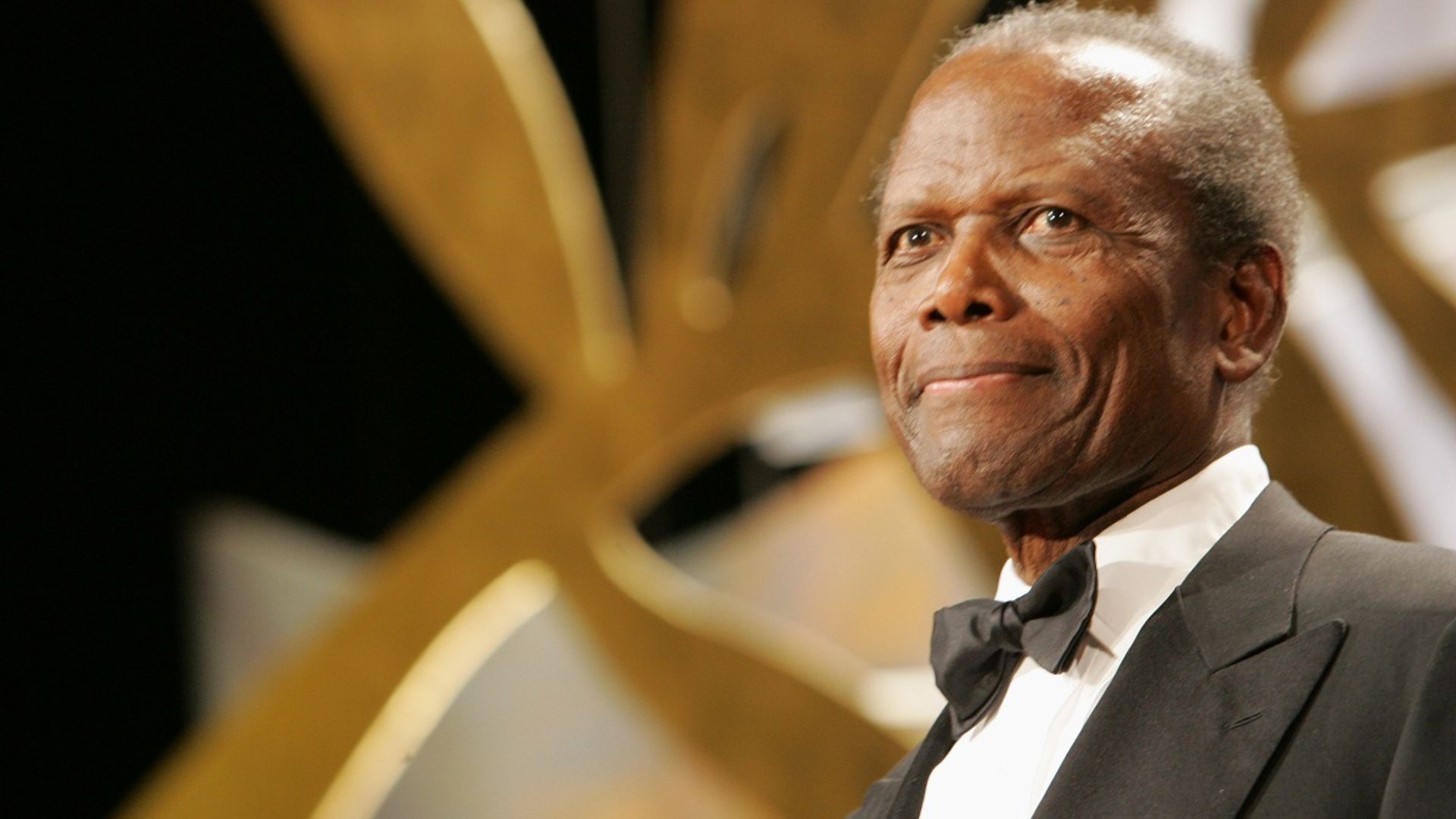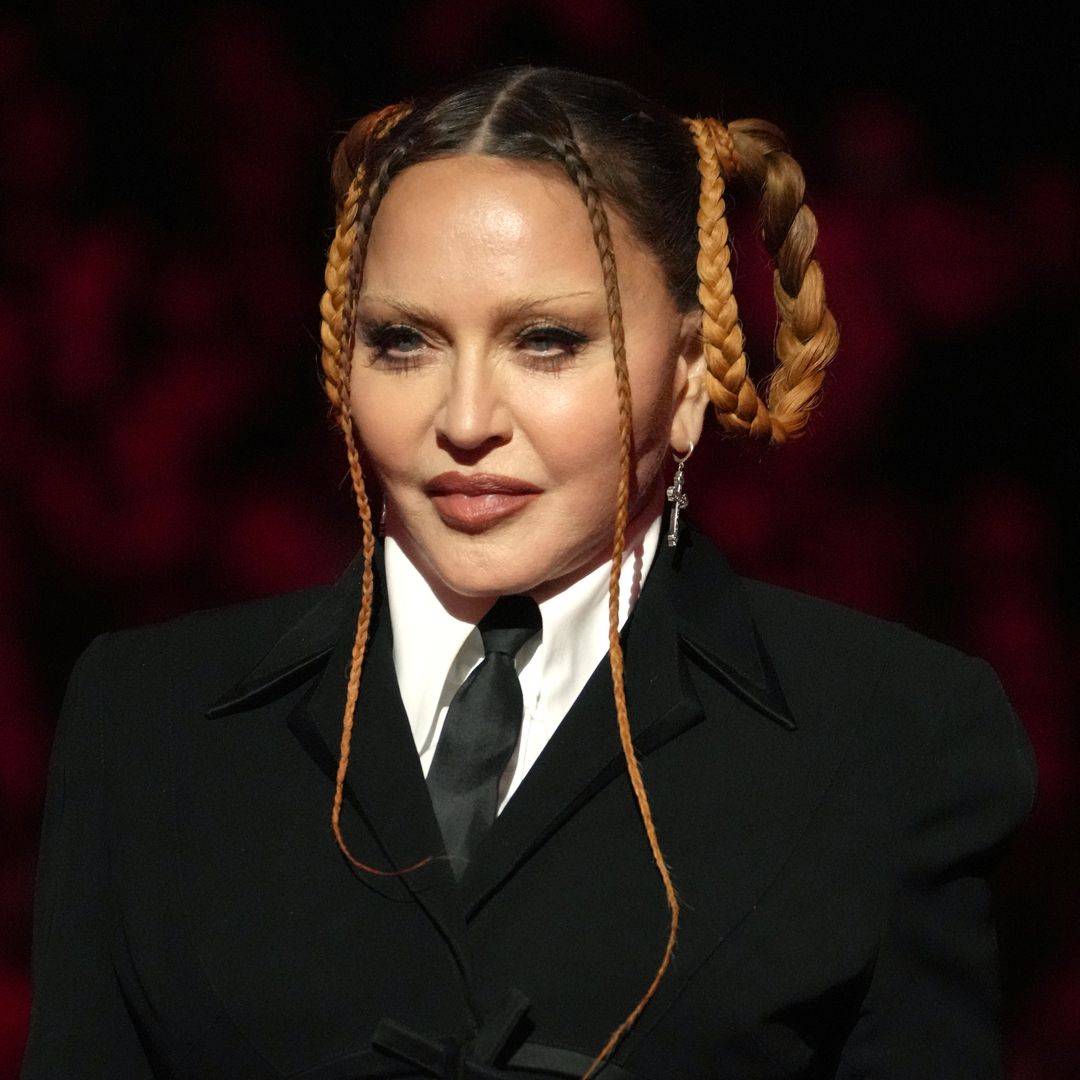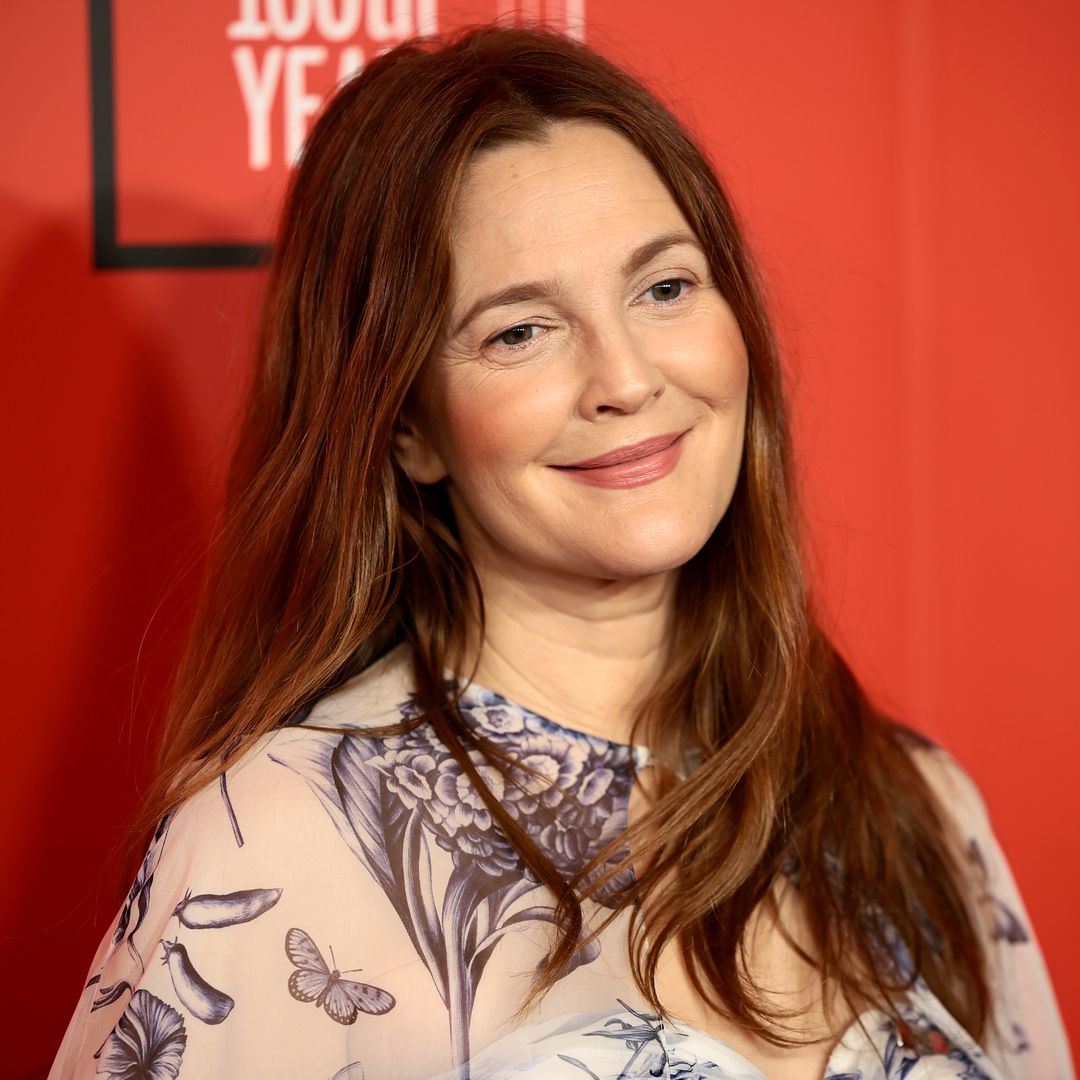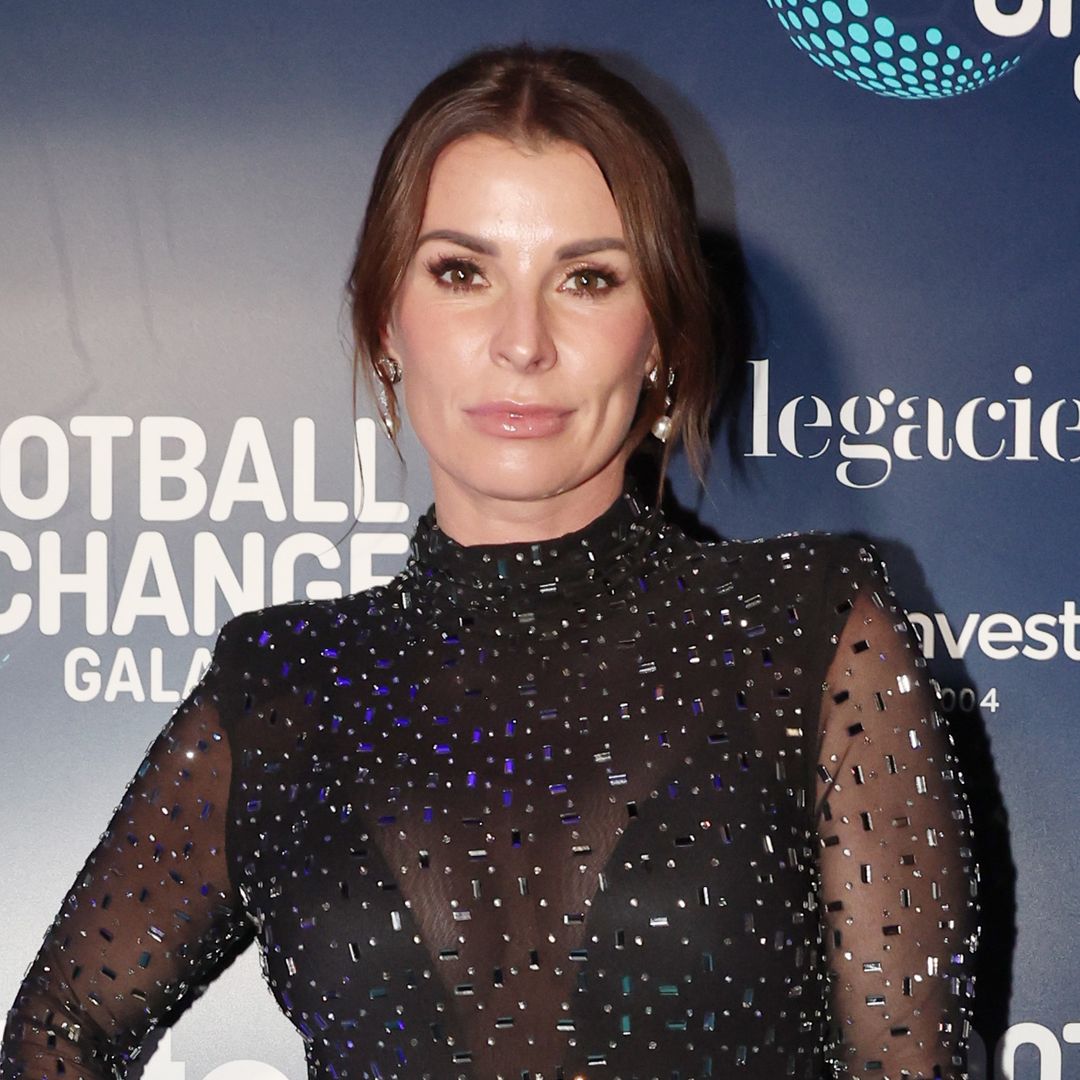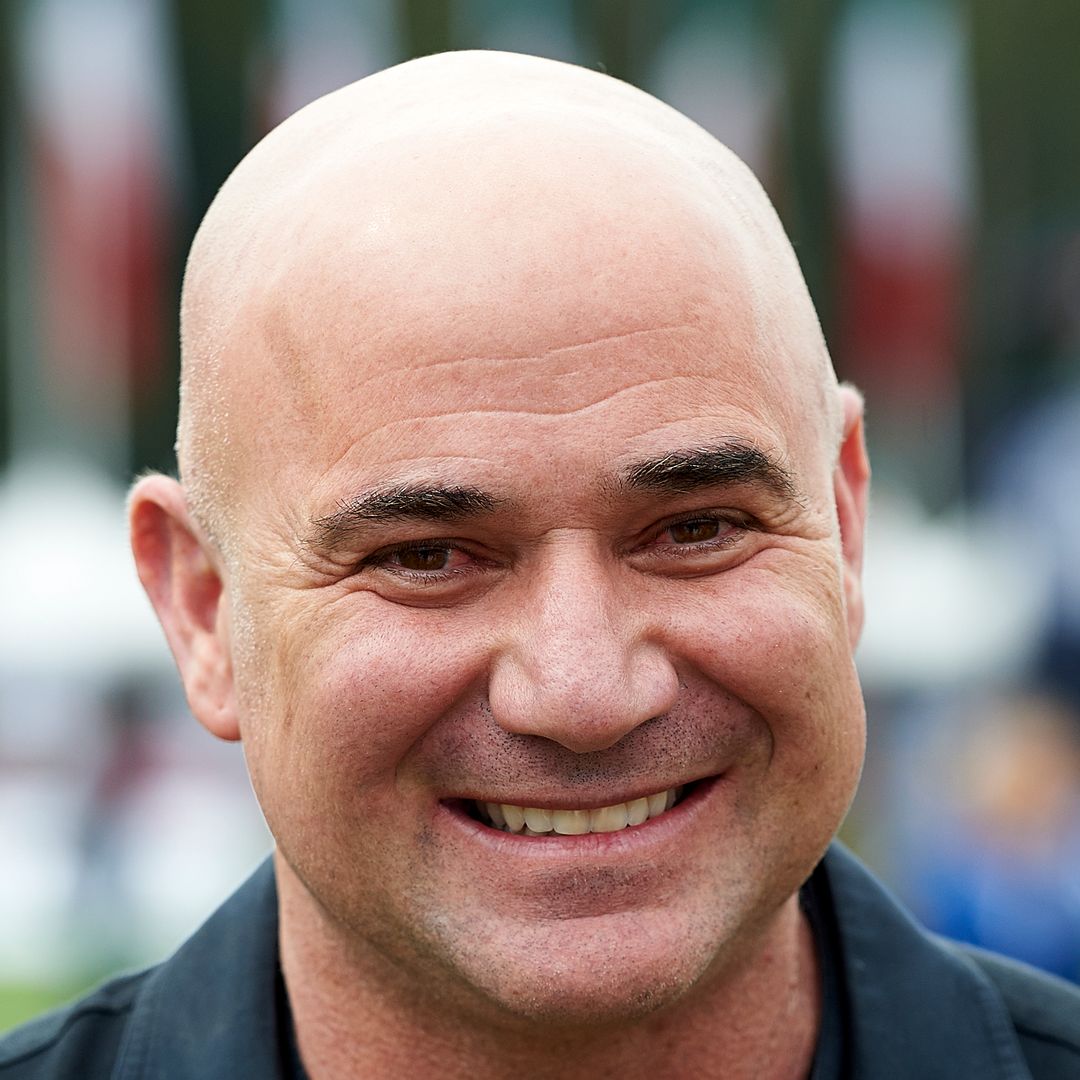Sidney Poitier was a Bahamian-American actor and Hollywood pioneer. He was the first Black performer to win a Best Actor Oscar and generally acknowledged as Hollywood's first black leading man.
Sidney Poitier's early life
Sidney was born in Miami, Florida, on February 20, 1927. His Bahamian tomato farmer parents, Reginald and Evelyn Poitier, were in the US to sell their produce at the time and only returned to their Cat Island home when their baby son was three months old.
Sidney returned to the US at the age of 15 and worked a series of low-paid jobs, including as a dishwasher, before briefly serving in the army during the Second World War.
Sidney Poitier's acting career
Sidney's interest in acting led him to seek an audition with the American Negro Theatre, based in Harlem. He was rejected because of his accent, but kept going back until after three auditions, and having carefully ironed out his Bahamian accent, they said yes. A year later, he made his Broadway debut in an all-black production of Lysistrata.
From there he moved into motion pictures, in which he made his greatest impact in the Fifties and Sixties. His feature debut was in Joseph L Mankiewicz's 1950 flick No Way Out, and over the next two decades, he knocked out memorable performances in such classics as 1955's The Blackboard Jungle, The Defiant Ones in 1958, and his Oscar-winning turn in Lilies Of The Field in 1963.
At the tail end of the Sixties, the actor starred in three major films that dealt directly with the issue of racism in America when it was still, to a large extent, a cinematic taboo - A Patch Of Blue and In the Heat Of the Night, both made in 1965, and 1967's Guess Who's Coming To Dinner.
In the wake of the civil rights struggle, he moved behind the camera, aiming to gain more control over the films he made. He believed directing would enable him to create more positive representations of Black people and thus help the Afro-American community. In 1972, he made his feature directorial debut with the revisionist Western Buck And The Preacher. He went on to direct a total of five films, including the immensely popular Uptown Saturday Night, and the Richard Pryor-Gene Wilder vehicle Stir Crazy.
After a break from the profession, Sidney returned to acting in the late Eighties and appeared in the high-tech 1992 caper Sneakers and 1997's political thriller The Jackal. He also performed celebrated turns on the small screen in 1995's Children Of The Dust and as Nelson Mandela in Mandela And De Klerk in 1997.
For his services to motion pictures and to the Commonwealth, the actor was made a Knight Commander for the Order of the British Empire in 1974. In 2002, he was presented with an honorary Oscar for "representing the motion industry with dignity, style, and intelligence throughout the world". On the diplomatic front, Sidney was named the Bahamas' ambassador to Japan in 1997.
Sidney Poitier's personal life
In 1969, Sidney met Canadian actress Joanna Shimkus. The couple married in 1976 and went on to welcome two daughters. Sidney also has four daughters from his first marriage to dancer Juanita Hardy.
Sidney passed away at the age of 94 on 6 January 2022.
